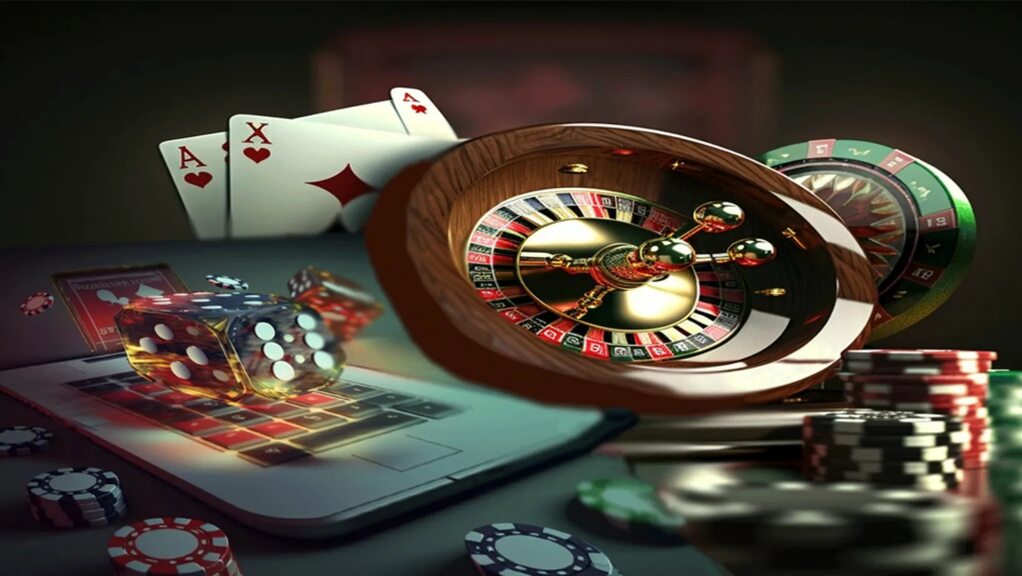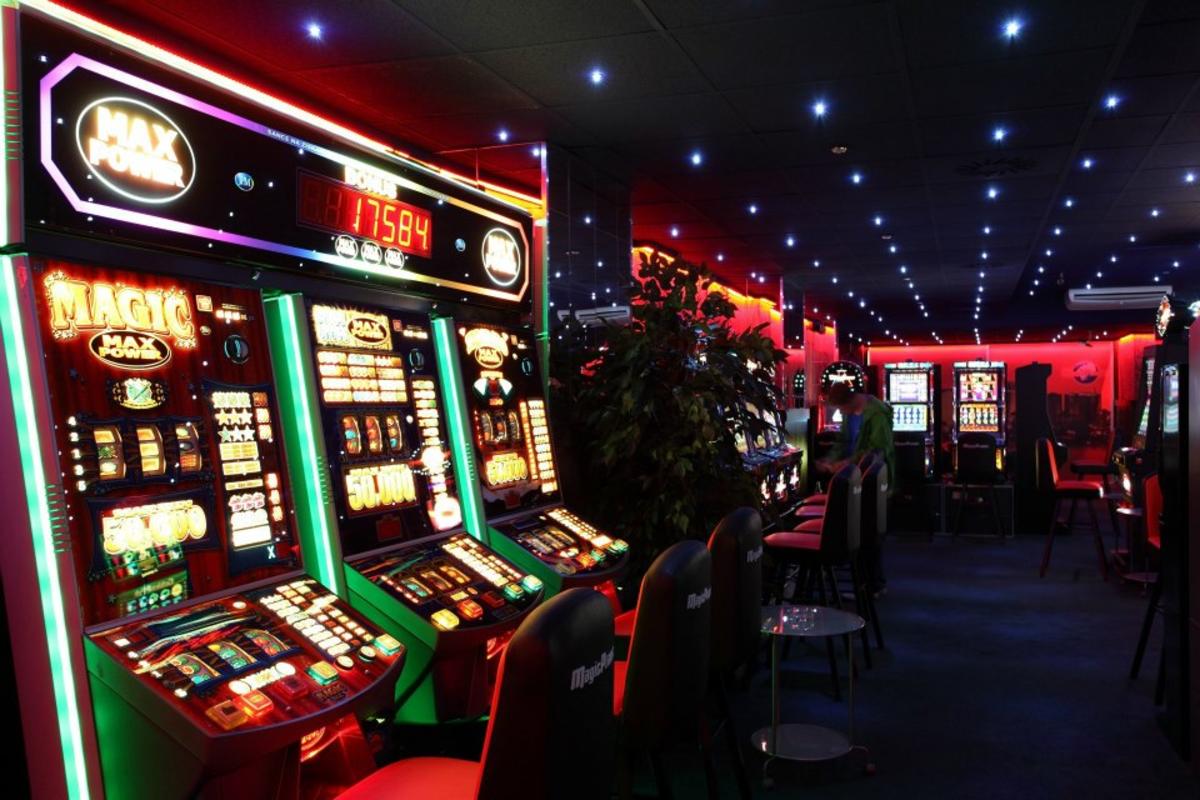Gambling is a phenomenon that shapes a huge industry — from 19th-century street lottery kiosks to modern online platforms with instant transactions and mobile applications. Laws, strategies, and entire economic sectors are built around it.
Gambling practices evolve in parallel with technologies: roulette in 18th-century Paris, poker tournaments in Las Vegas, digital slots with an RTP rate of 96–98% in the 2020s.
What is gambling: key elements
The term “gambling” refers to any activity where the outcome depends on a combination of chance and player decisions. Three constants are always present here: bet, risk, win. In the classical sense, it refers to gambling games for money, which are based on clear rules.
Key parameters:
- In slots, the algorithm sets the probability, and the RTP rate reflects the average return;
- In roulette and baccarat, mathematics is reduced to probabilities;
- In poker, skill and intellectual calculation are added.
These examples show that each game is built on its own balance of chance and control. Gambling is not a chaotic process but a system where mathematics and psychology determine the player’s odds.
Gambling and betting: differences without complex terms
These two directions are often confused, although they are based on different principles of outcome formation. Gambling is a game with internal mechanisms of chance, while betting is related to predictions on external events.
The differences lie in the essence of the process:
- In betting, the player predicts the outcome of an event — a sports match, political elections, or a show.
- In gambling games, the process depends on the internal mechanism of the system — roulette, card deck, random number generator.
Example: a bookmaker takes a forecast on a football club’s victory with odds of 2.1. In case of a win, the bet doubles. Whereas in blackjack, the player makes decisions themselves: to take a card or stop, and skill directly affects the outcome.
Thus, gambling is a variety of formats, and betting is one branch where the bet is based on an external event.
Types of gambling games: classification and examples
Gambling entertainment covers a wide range of formats — from classic casinos to modern digital solutions. Each of them combines different levels of chance, strategy, and player involvement.
The classic set looks like this:
- Casino games – roulette, baccarat, blackjack, slots.
- Card disciplines – poker and its variations.
- Lottery – a mass form based solely on chance.
- Dice – an ancient method of drawing lots, preserved in a modern form.
- Hybrid formats – a combination of traditional rules and digital technologies, for example, live slots with elements of interactive shows.
Each type shows that the gaming industry is not a single model but a whole system with dozens of subgenres and strategies.
Risk, luck, and strategy: how the outcome is formed
Any gambling game is based on a combination of these three factors, which determine the final outcome. The gaming industry is a space where chance intertwines with calculation, and the player’s behavior directly affects the result.
The foundation of the gambling industry is based on a triad:
- Risk is measured by the amount of the bet and the probability of loss.
- Luck is expressed in the randomness of the combination.
- Strategy is formed as a set of decisions: choosing a bet, calculating a bankroll, managing emotions.
For example, a professional player applies a capital management strategy — limiting the bet percentage from the bankroll to 3–5%. This reduces the likelihood of rapid loss and allows them to stay in the game longer.
Intellectual approach: skill versus generator
In intellectual disciplines, such as poker, players rely on a combination of statistics, psychology, and opponent analysis. In such conditions, skill becomes crucial.
Example: the World Series of Poker championship gathers thousands of participants, where only a small fraction reach the final.
In contrast — slots or lottery. There, everything is determined by a random number generator, and the player’s skill comes down to the ability to control the bankroll and manage time wisely. This is why gambling is a combination of different formats: from completely random to those where intellect determines the outcome.
Forecast, bookmaker, and hybrid formats
The modern market blurs boundaries. A bookmaker offers not only sports bets but also live casino-style games. Here, forecasts are combined with instant draws. Such hybrid models increase engagement and shape a new segment of the industry.
Unlike a classic casino where the result depends entirely on the generator, here the player has more variables available: match statistics, player data, odds. This is where the difference lies: gambling is a versatile platform where each form has its own balance of chance and control.
Casino games: examples and features
Classic casino games form the basis of the industry. Here, there is a balance between chance and clear rules.
Specific examples:
- Roulette — probabilities are calculated to hundredths, one “0” section on a European wheel reduces the winning chance to 2.7%, while in the American version, “00” increases the casino’s advantage.
- Baccarat demonstrates simple rules and a fast pace, where the bank’s winning chances reach up to 45.8%.
- Blackjack offers a strategic approach: the right decision system reduces the casino’s advantage to 0.5%.
- Slots provide instant results to the player, with the RTP rate ranging from 92% to 98% depending on the provider.
In each case, it is important to consider that gambling is not just entertainment but also a mathematical calculation, where the payout percentage and rules determine the long-term result.
Bankroll management and discipline
Effective bankroll management turns a chaotic process into a controlled strategy. Professionals divide their capital into conditional units and set a betting limit of 2–5% of the total amount. This approach minimizes the risk of immediate loss and allows for longer gaming sessions.
Example: with a $100 bankroll, a $2 bet allows for up to 50 independent attempts without a critical capital drop. Here it becomes clear: gambling is not a random choice but a process where discipline directly influences the outcome.
Entertainment and social role
For millions of people, gambling practices remain a form of leisure. The lottery annually attracts hundreds of millions of participants worldwide, and online slots are among the top entertainments of mobile applications. In this context, gambling entertainment becomes part of cultural tradition.
Example: the largest European lottery EuroMillions pays out jackpots up to 200 million euros. There is no strategy here, only chance. Nevertheless, players perceive the process as entertainment. From the industry’s perspective, it is both a business and a social phenomenon where rules and emotions intertwine.
Gambling is a whole system
Comparing formats shows that gambling is a complex mechanism with many components. It includes gambling games for money, sports betting, hybrid products, and digital solutions. The difference from betting lies in the source of the outcome: internal mechanisms versus external events.
 en
en  ru
ru  de
de  ar
ar  es
es  nl
nl  hi
hi  fr
fr  it
it  pt
pt  el
el 
